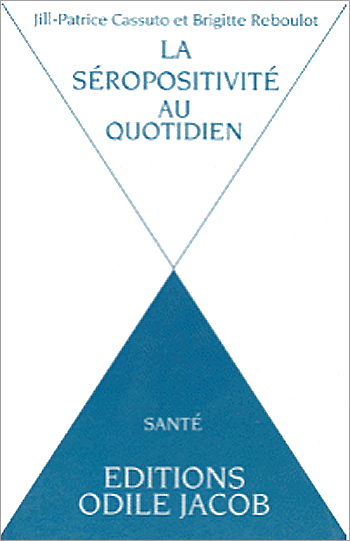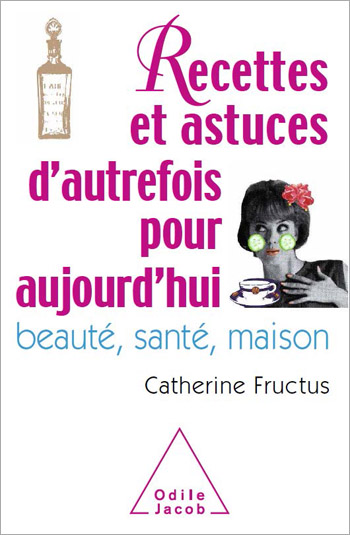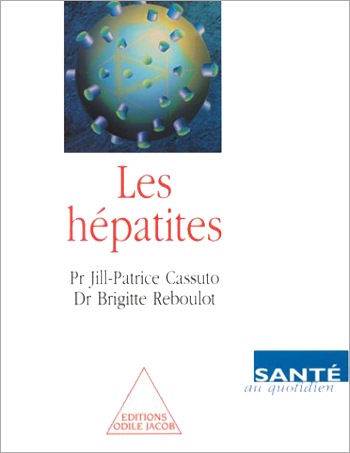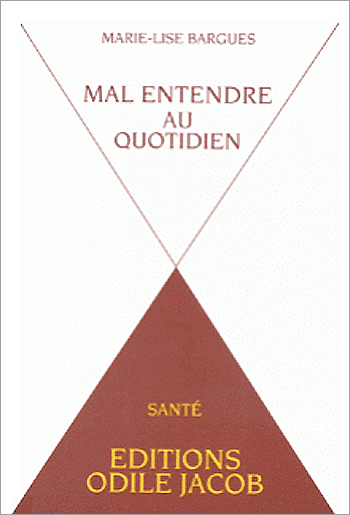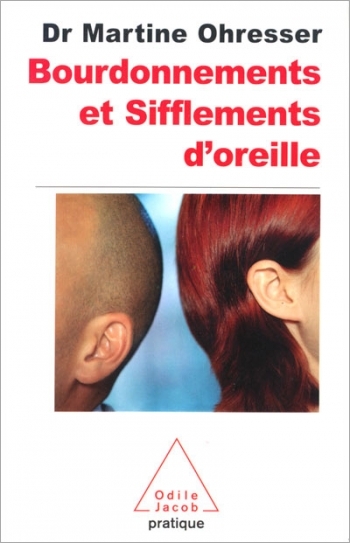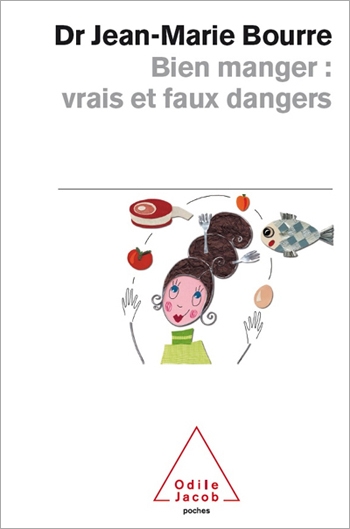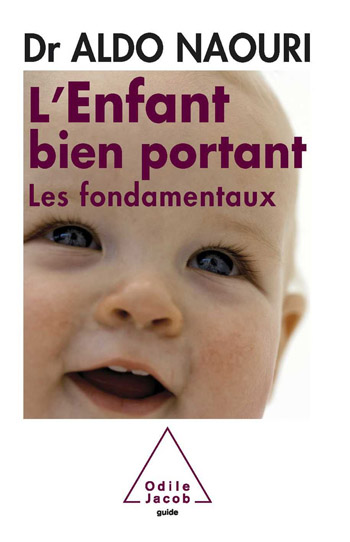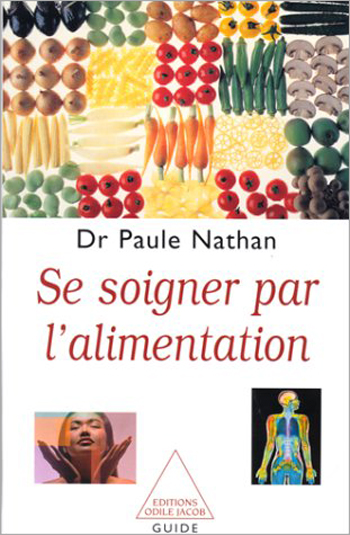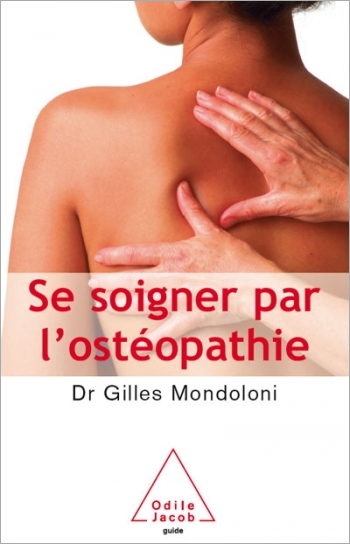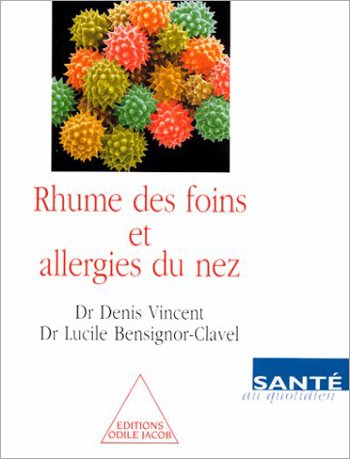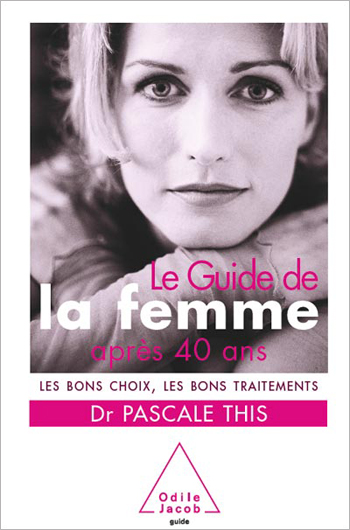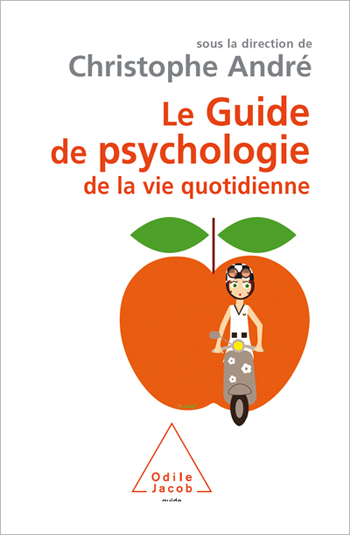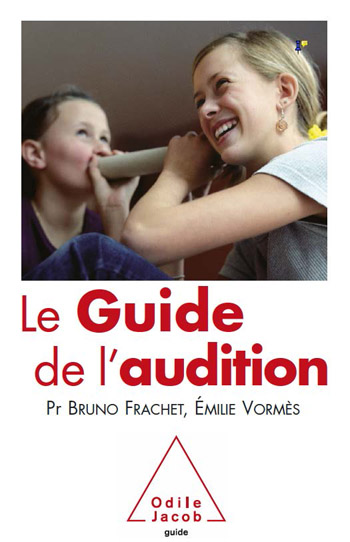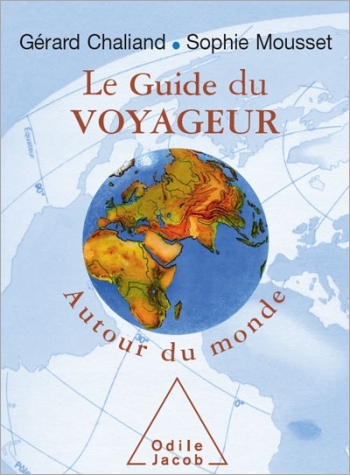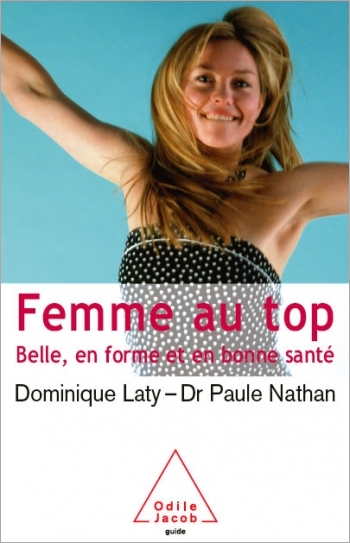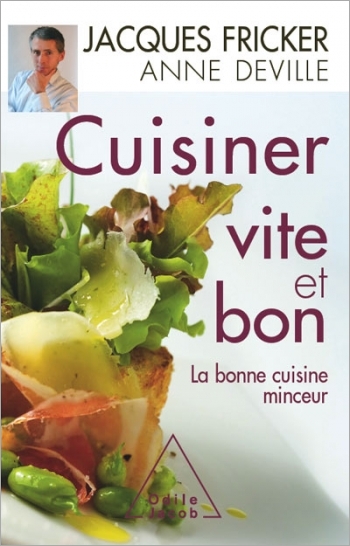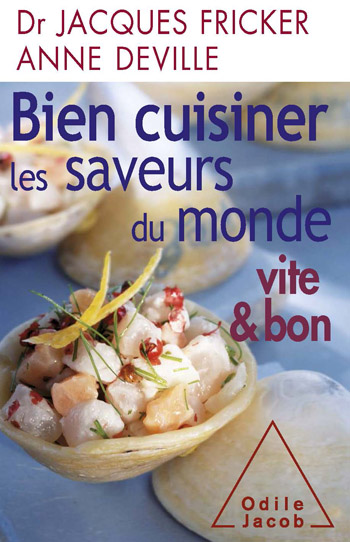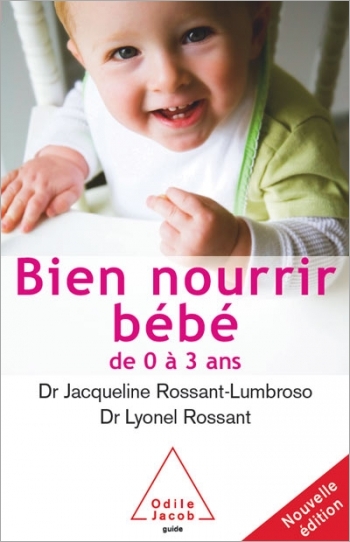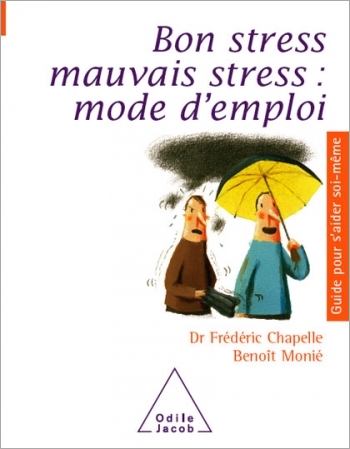Health and Wellness All books
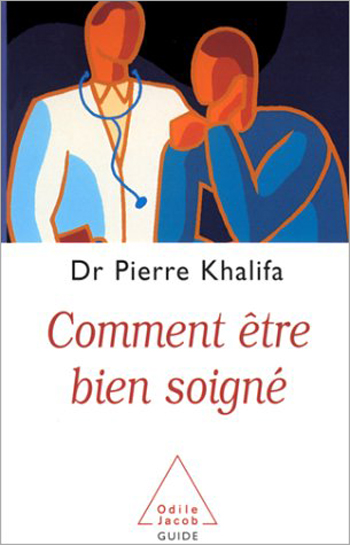
Pierre Khalifa
How to be Well Treated
"The goal of this book is to answer some of the many questions that are asked about patient-doctor relations and healthcare. How should we go about choosing the doctor in whom we will entrust our health? How can we contribute to make our consultation more effective, in order to help our doctor make a better diagnosis and find the most appropriate solutions? And when should we put an end to the relationship of trust with our doctor?" Pierre Khalifa Pierre Khalifa, a specialist in internal medicine, has worked as a house doctor in Parisian hospitals and was formerly a clinical director at the Hôpital Cochin, in Paris.
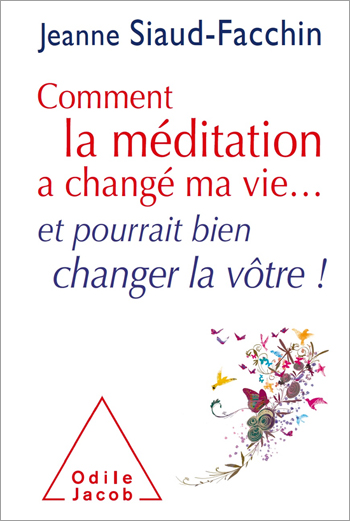
Jeanne Siaud-Facchin
How Meditation Changed My Life and Could Also Change Yours!
The book contains a wealth of information on mindfulness meditation, juxtaposing recent findings in the neurosciences with actual experiences.
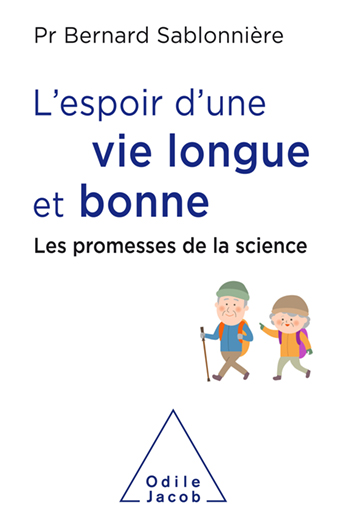
Bernard Sablonnière
Hopes For a Long and Good Life
A very accessible, clear book with rigorous scientific explanations, enabling the reader to see the differences between false miraculous recipes and true possibilities to act against aging.
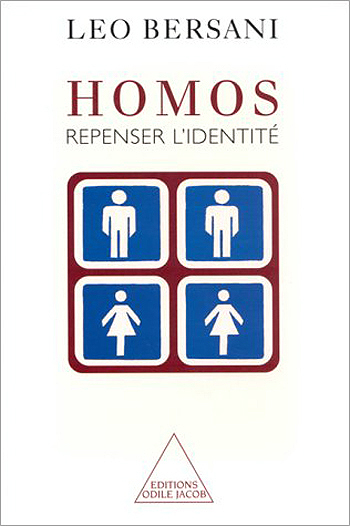
Léo Bersani
Homos Reassessing the Identity
What does it mean to be homosexual today ? Is it necessary to form communities and if so, why ? Is the primary aim equality in society such as it is, or the challenging of society itself ? Up to what point do homosexuals distinguish themselves ? Must there be a link between sexual claims and political dispute ? The gay and lesbian communities necessarily ask themselves these questions. On a wider scale, they also encourage a redefinition of the human being in contemporary societies. Already considered a classic in the United States, Homos presents an innovative, critical reflection on identity and the dangers in the withdrawal of a community from society. An expert in French literature, Leo Bersani is a professor at the University of California. He has notably published Baudelaire and Freud, and Theory and Violence.
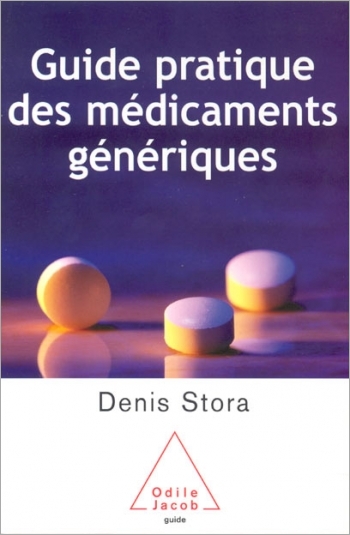
Denis Stora
Guide to the Main Medications and Their Generic Equivalents
Since October 2003, France's health-care system has required users to purchase generic medications, when these exist, if they wish their medical prescriptions to be covered. Physicians have agreed that 75% of all prescriptions will be for generic medications, and pharmacists are committed to making the necessary substitutions. Physicians, pharmacists and users will thus be utilising an increased volume of generic medications. Presented here in alphabetical order are the 150 molecules contained in approximately 1600 medications that are on the market today. More than a list of generic equivalents, this is an intelligent guide to medications. Each molecule listed is described with its pharmacological activity, therapeutic indications and contra-indications, dosages and major recommendations. This is a highly useful pedagogical guide, since brand names will gradually disappear in favour of their chemical names (paracetamol instead of Doliprane, fluoxetine instead of Prozac). Denis Stora, the holder of a doctorate in pharmaceutical studies, has been a licensed pharmacist for twelve years. He is a teacher and the author of numerous practical books for nurses and pharmacists.
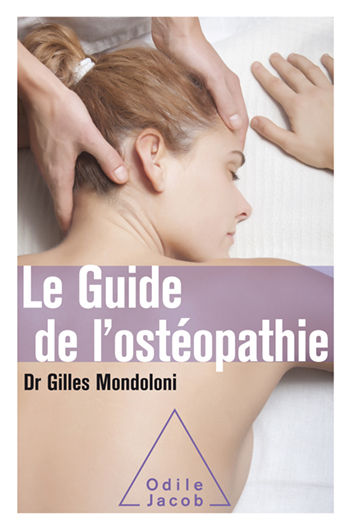
Gilles Mondoloni
Guide to Osteopathy Edition 2017
Osteopathy, an effective treatment for commonplace aches and pains
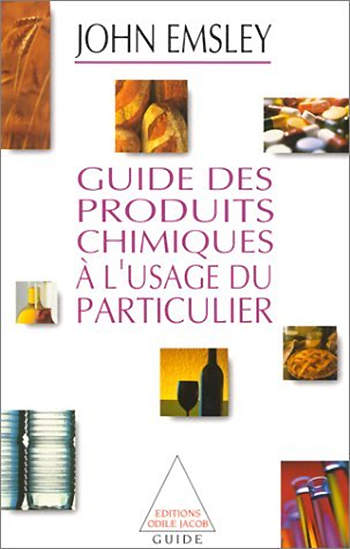
John Emsley
The Guide to Chemical Products for the Individual
Are artificial sweeteners dangerous for the body ? Can plastic packaging cause cancers by contaminating our food ? Could serious stomach complaints be caused by the nitrate contained in chemical fertilizer ? We have all heard the worrying stories about the danger posed by the numerous chemicals needed by industries to make the products which we use everyday. Does this mean there is good and bad chemistry ? The reader will find in this guide a great deal of surprising, and for the most part, reassuring information on the reality of the situation. John Emsley is a scientist at Imperial College, London. In addition to his regular radio slots, he writes for The Independent newspaper, and regularly contributes to New Scientist magazine.

Laurence Dillière-Lesseur, Alexandra Couture
Good-Dog Training
Practical training tips to make sure your dog remains gentle and well-behaved in all situations
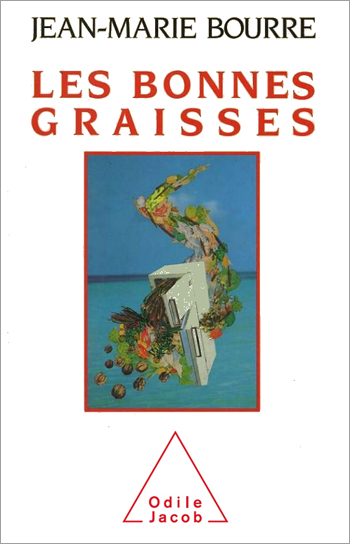
Jean-Marie Bourre
The Good Fats
Are fats the demons of modern times? Are they the bane of too rich diets? Are they the poison of opulent societies? Without fats, which are an absolute necessity for our brain and our health, life would be impossible. Fats are also the vectors of culture, through the many joys of cooking.
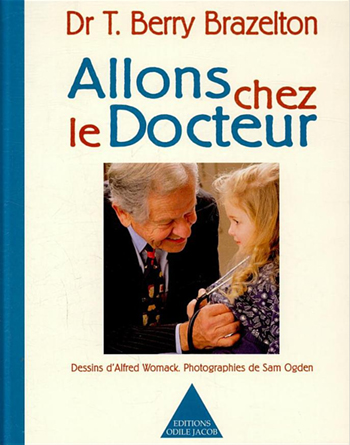
T. Berry Brazelton
Going to the Doctor
Written by one of the greatest American pediatriciens this book clearly explains to children the key moments of their medical visit. Through the choice of clear and interesting photographs, it awakens the natural curiosity of children, which is also raised by the often quite comical illustrations drawn by the author's nine year-old grandson. With this book, the former occasions of children's torments and parents' agony are transformed into a time of discovery and shared complicity. T. Berry Brazelton is an emerite professor at Harvard Medical School and has been a pediatricien for over forty years.
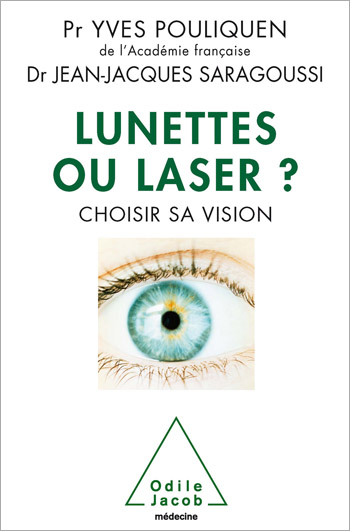
Yves Pouliquen, Jean-Jacques Saragoussi
Glasses or Laser?
New ways of correcting failing eyesight have been developed as a consequence of our increased lifespan...


